If you don’t have a checkbook or want to write a check for a large amount of money, a cashier’s check can be a handy personal finance tool.
Cashier’s checks are used across the country as a form of secure payment, and while bank account holders can issue a personal check, there are still many advantages to using a cashier’s check.
This article will take a look at cashier’s checks in more detail, including how to get a cashier’s check and other secure forms of payment.
What Is A Cashier’s Check?
A cashier’s check is a check guaranteed by the financial institution, not an individual or company. In other words, there’s no risk that the account won’t have enough money to cover the value of the check.
The very nature of cashier’s checks guarantees that the money is available. This guarantee of funds availability, however, is not the only benefit of a cashier’s check.
Cashier’s Check vs. Personal Check
While cashier’s checks and personal checks are similar in many ways, there are a few key differences.
When an individual or a company wants to issue a check, they grab their checkbook and write out a check to the payee – the person receiving the check. It is up to the payer (the person or company issuing the check) to ensure there are enough funds in their bank account to cover the total amount.
While cashier’s checks are cashed in the same way as personal checks, they are issued very differently. The bank issues the check. Because of this, you are virtually guaranteed the funds since the issuing bank backs the check.
Cashier’s checks are considered very safe for several reasons.
- Money is guaranteed. Since the money is paid out in advance, cashier’s checks do not bounce and are always cashed with the money coming out of the bank’s own funds.
- They are never issued blank. When a bank or credit union issues a cashier’s check, all information is filled in and printed before it is issued.
- Some cashier’s checks are trackable. Some cashier’s checks can be tracked so that you’ll know when they have been cashed.
- They come with extra security features. Cashier’s checks come with additional security features like watermarks and, sometimes, more than one signature, making it much more difficult to commit cashier’s check fraud.
How To Get a Cashier’s Check
Cashier’s checks are issued by financial institutions such as banks and credit unions. In most cases, this is a service extended to customers, so you’ll need to have an account at the bank or credit union issuing the check.
However, that’s not always the case, and some banks and credit unions also offer this service to non-customers. Of course, you can expect to have to pay a fee.
Required Information for a Cashier’s Check
Cashier’s checks are never issued blank, so you will need to supply the name of the payee. Make sure you know whom the check should be addressed to, especially if you are paying a company.
You will also be asked to provide some form of identification, so be sure to take your driver’s license or equivalent.
Do you have sufficient funds?
Before you can issue a cashier’s check, you need to make sure you have enough money to cover the check amount and any applicable fees. Money does not have to be in cash – you can also do a bank transfer or pay through your debit card.
In most cases, you will only be able to pay using your credit card by withdrawing the cash out in advance. Either way, check with the financial institution issuing the check for you what payment methods they accept.
Do keep in mind that ACH transfers can take time. Wire transfers are faster, but they tend to come with a much higher fee, which is in addition to any applicable cashier’s check fees.
Get a Cashier’s Check from a Bank or Credit Union
Since cashier’s checks are a physical paper check, you will most likely have to make a trip to the nearest bank branch.
It may be helpful to call beforehand to ensure that visitors are being accepted at the branch. If you’re planning on paying by bank transfer, you can also ask how long it will take for the check to be issued.
Secure Alternatives to a Cashier’s Check
While cashier’s checks are very secure, they are not the only safe way of transferring money from one person or company to another. There are quite a few alternatives, some of which come with less hassle and trouble.
Money Order
Money orders work like cashier’s checks, but instead of being issued by a bank, they are issued by other entities such as the US Postal Service. Generally speaking, they will cost less but will have a lower maximum amount than checks issued by a bank.
Bank Transfer
Bank transfers, also known as electronic transfers, allow money to be sent from one bank account to another electronically. If you use internet banking or a mobile banking app, you don’t even need to visit a branch. You can transfer the money straight from your checking account, or savings account from the comfort of your own home. Bank transfers will typically arrive by the next day or the one after.
You will typically need more information than just the name of the person or company to whom you’re sending the money. Their bank account number and routing number are two important numbers that you will need to make a bank transfer.
Certified Checks
Certified checks are a hybrid between personal checks and cashier’s checks. While they are still essentially a personal check, they are co-signed by the bank who makes sure that the total amount is available in the account.
Should you withdraw the money before the check is cashed, you’ll need to pay fees or charges. Make sure the money is there to avoid complications down the road.
Frequently Asked Questions
How can I get a cashier’s check?
You will need to go to your bank and credit union and ask the teller to issue you a cashier’s check. You will need to make sure that you have enough money to cover the check and any fees beforehand.
You will pay the funds to the bank, which then issues the check on your behalf.
If you do not have a bank account, make sure you check beforehand if cashier’s checks are issued to non-customers and what fees are applicable.
Can you get a cashier’s check immediately?
Whether you can get it immediately will largely depend on the forms of payment used. If you pay by cash or bank transfer from the same bank, the bank employees should issue the check within minutes.
How do I cash a cashier’s check?
In reality, a cashier’s check can be cashed like a regular check. You can also go to the issuing bank, but you might need to pay a fee if you are not a customer.
Alternatively, you can visit a check-cashing store or a payday lender. However, expect to have to pay higher fees if going with the latter.
Unfortunately, you cannot cash a cashier’s check at the post office like you would with a money order.
If you don’t have a bank account due to a low credit score, you might want to consider a second-chance bank account, which will allow you to deposit your check online for little to no fees.
Can anyone cash a cashier’s check?
As long as the cash is addressed to you, you can cash a cashier’s check. You can also sign it over to someone else if you cannot cash it so that the person you sign it over to can cash it on your behalf.
How much does a cashier’s check cost?
Cashier’s checks can come with fees, but this will vary from one financial institution to another. If you’re a customer of the bank or credit union (you have a bank account there), you might be able to get this service for free.
Capital One and Wells Fargo charge $10 while Citizens Bank charges $3. You can check how much your bank charges through their fee schedule, typically available on the bank’s website.
If you’re not a customer, make sure that the financial institution you intend to visit offers this service to non-customers. You might also want to check what other alternatives might be available to you.
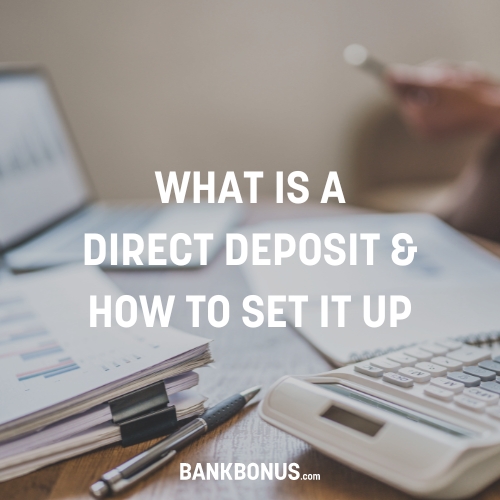
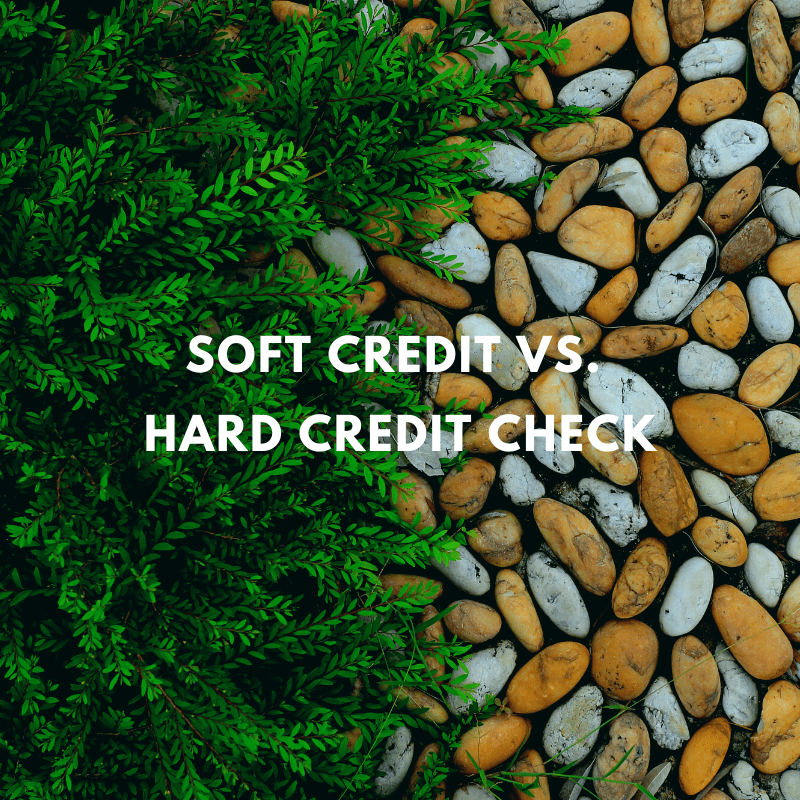
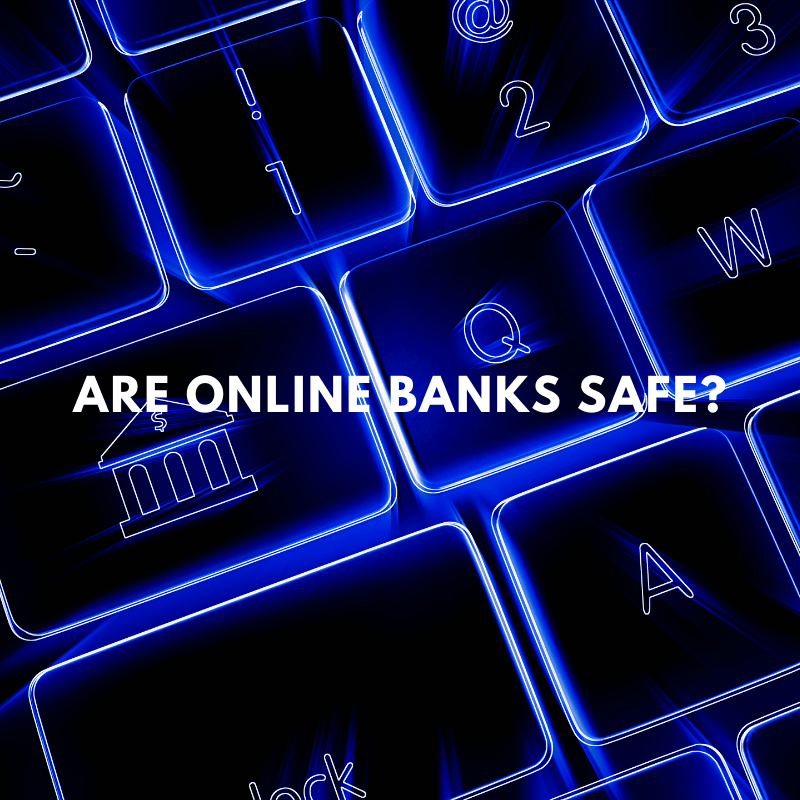
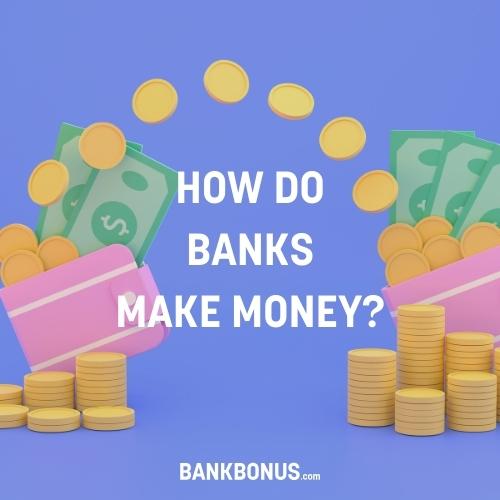
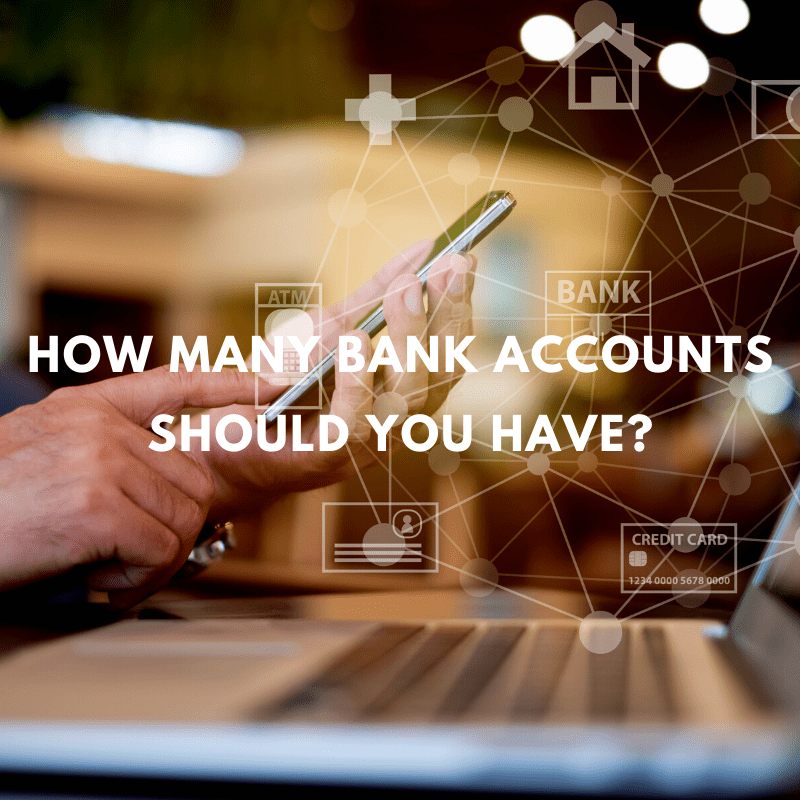
No comments yet. Add your own